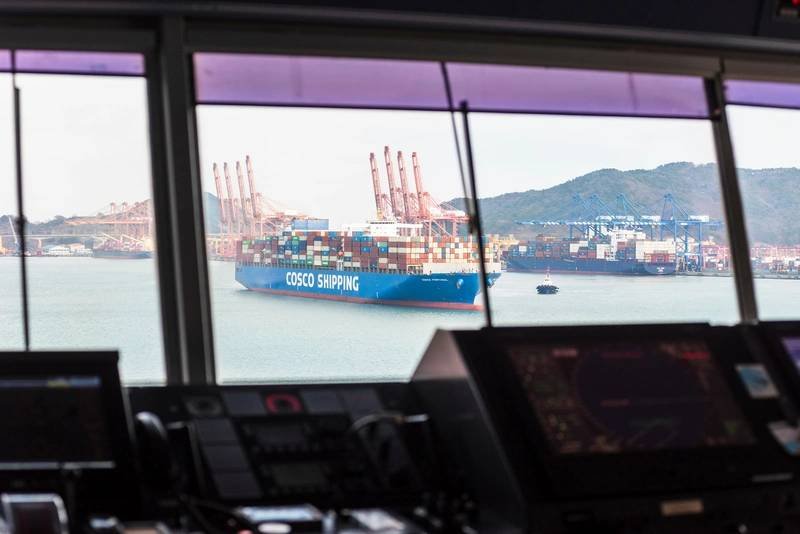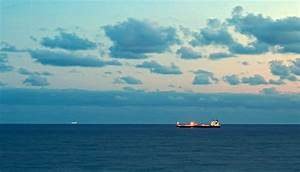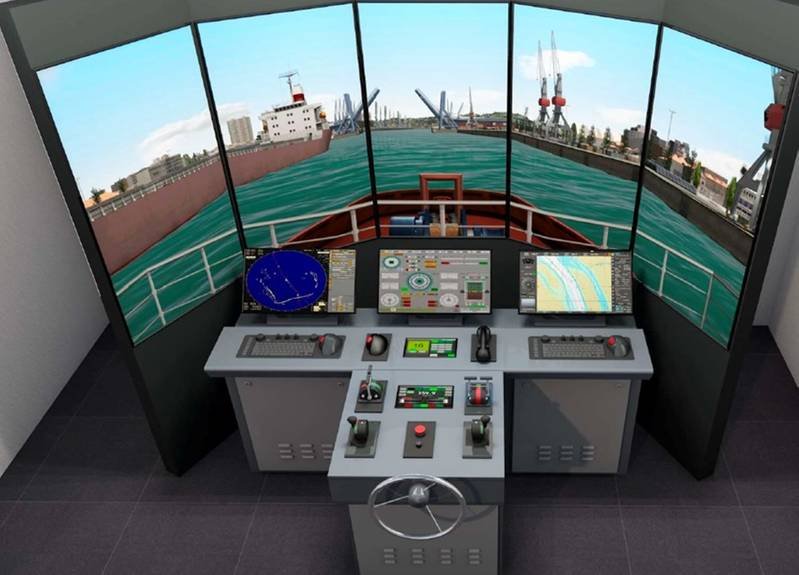The Maritime Just Transition Task Force (MJTTF) is working in partnership with the International Maritime Organization (IMO) Secretariat and with support from Lloyd’s Register Foundation to address the need for training materials on alternative fuels in the maritime industry. The project, titled ‘Baseline Training Framework for Seafarers in Decarbonization,’ aims to develop the necessary competencies for seafarers to safely use new zero and near-zero greenhouse gas emission fuels. Current competencies under the Seafarers’ Training, Certification and Watchkeeping (STCW) Code do not cover these areas specifically, highlighting the importance of this initiative.
A consolidated report summarizing the objectives, methodology, findings, and conclusions from 12 hybrid workshops involving 116 participants has been produced. These workshops focused on developing considerations for each fuel, marking the successful completion of the first part of the MJTTF training project. This milestone signifies a step forward in the upskilling and reskilling of seafarers to meet the challenges of decarbonization in the shipping industry. The insights gained from these workshops will form the basis for proposing new training frameworks and competency standards for seafarers handling alternative fuels.
The collaboration between the MJTTF, IMO Secretariat, and Lloyd’s Register Foundation underscores the industry’s commitment to reducing greenhouse gas emissions and transitioning towards sustainable practices. By equipping seafarers with the necessary skills and knowledge, the project aims to facilitate the adoption of zero and near-zero emission fuels in the maritime sector. This proactive approach reflects a collective effort to address environmental concerns and drive innovation in the industry, paving the way for a more sustainable future in shipping.


















